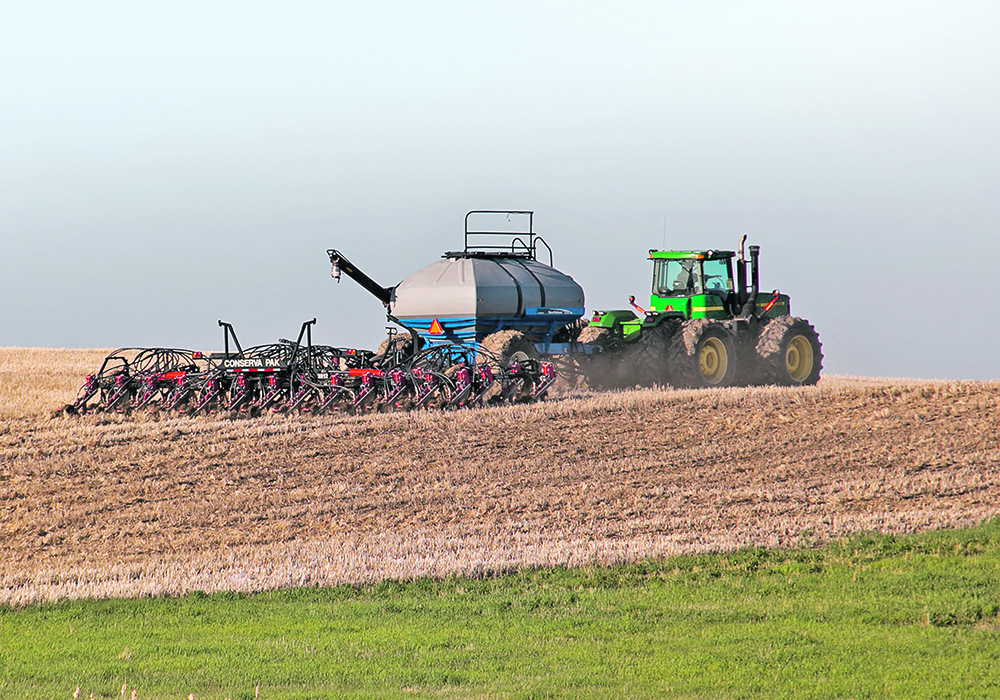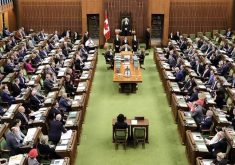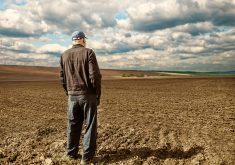Good writing is honest writing. Good communications are honest communications. We all wrestle with this — the ambivalence between knowing more than we can say, or should say, at certain times.
Perhaps it’s just another thing we can chalk up to being an adult, being diplomatic, or knowing your audience.
When agricultural organizations seek my help, they first explain the communications objective. In a rough way, it’s this: we are sitting on this information; we think it’s important; here’s why and how it’s important; please help get the right eyes on it.
Read Also

Budget seen as fairly solid, but worrying cracks appear
The reaction from the agriculture industry to prime minister Mark Carney’s first budget handed down November 4th has been largely positive.
There is more information available to us than there is time or brain capacity to digest it. How you and those around you reconcile this reality has significant implications.
We all hold opinions on farming practices, on good government, on the environment and on almost everything else.
But why do we find it so comfortable to be certain? Why do we tend to have knee-jerk, personal reactions to the concept that the things around us are in a constant state of change?
Is it because being wrong makes us feel baseless, uncomfortable, shameful? Does it make us feel as though the anchors that have held us in place all this time are being washed away, setting us adrift?
There seems to be a growing segment of the agricultural industry that constantly feels under attack. These people accuse the public of not trusting farmers.
I have had trouble with the notion that the ag sector must fight tooth and nail for survival.
I have had trouble with the notion that for agricultural systems to meet the ever-changing demands of our world, we must push for practices that allow farms and farmers to scale up at an unregulated pace.
This is not because I have good arguments against these positions. Rather, it’s because I don’t think agriculture is immune from a wholesale rethink.
Do I think it needs a remake? Not necessarily. Do I think our trajectory of being further and further alienated from the food we produce and the food we eat is leading to a moment of reckoning? Absolutely.
In the sector, we love to talk about public trust. It’s a conversation where we farmers are, in most cases, on the power side of the power balance — we do things the correct way, we just need others to see that. But, some topics, like the ones I routinely bring up, are forbidden in ways that, no doubt, result in angry tweets directed at The Western Producer. This is discouraging. It speaks to a level of insecurity in the sector, of ignorance.
Industry chatter should address the forbidden topics.
Agricultural companies, by their nature, elevate their interests over the more altruistic considerations of “good” agriculture.
However, it’s hard to distinguish between the voice of industry and the voice of a farmer. Their positions seem aligned.
Certainty has always been a red flag for me.
Keeping elephants locked in a room is one, as well. We should do all we can to promote the preservation of curiosity, of making mistakes, of uncertainty.
I am nowhere near having embraced these qualities but I know that when I have seen them present in others, they look very attractive.
Amid the profound amounts of research and expertise available to us at the click of a button, the ground beneath our feet isn’t as solid as it used to be.
Our challenge is to find anchors in things more valuable and stable than the notion of certainty and I think we’ll all be OK, no matter the trajectory.
Toban Dyck farms in southern Manitoba and shares his thoughts through media platforms.















